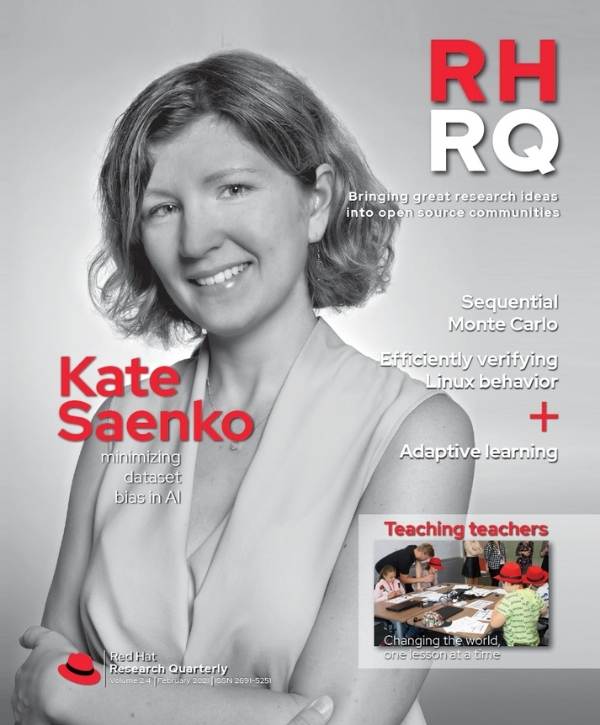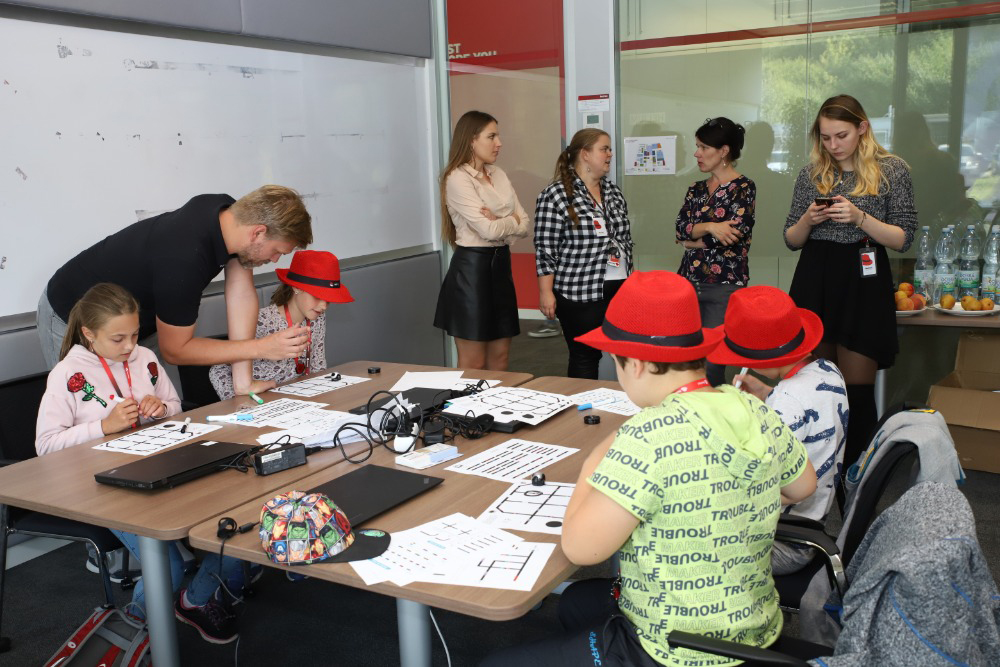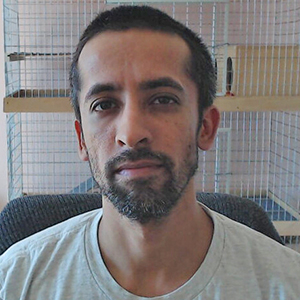Red Hat Research Quarterly
Highlights from this issue
When good models go bad: Minimizing dataset bias In AI
An interview with Kate Saenko.
Volume 2, Issue 4 • ISSN 2691-5251
Departments
Features
Inside this issue
Support from Red Hat Research for PhD students in France and Austria has borne its first fruits. Supported PhD students in both countries have published significant papers that have been accepted at renowned conferences: REBLS 2021 (focused on reactive and event-based languages and systems) and the Network and Distributed System Security (NDSS) Symposium 2022. “Analysing […]
I have been spending a lot of time lately thinking about all the hard problems involved in managing large-scale systems. Why? Well, it turns out to be a really important topic for Red Hat Research and for the Red Hat engineering community that we hope to serve.
Highlights from the distributed workflows and infrastructure software tracks.
Like so many other events this year, DevConf.cz is going virtual from February 18-20. Originally an internal Red Hat event held in Brno in the Czech Republic, this free, volunteer-organized event is now in its thirteenth year and is open to all.
RHRQ interviewed Idan Levi, the Research Interest Group leader in Israel, to get his take on how university research intersects with the open source approach, from datasets and collaboration to security and data privacy.
Sanjay Arora is a data scientist at Red Hat and a member of the Greater Boston Research Interest Group with particular interests in AI and machine learning. For RHRQ he interviewed Kate Saenko, a faculty member at Boston University and consulting professor for the MIT-IBM Watson AI Lab, about managing bias in machine learning datasets and the problems that remain unsolved.
Bayesian statistical methods can make predictive data analysis more accurate. In this article, we evaluate possible solutions to the challenge of refining and increasing the value of high-volume data streams.
Bayesian statistical methods can make predictive data analysis more accurate. In this article, we evaluate possible solutions to the challenge of refining and increasing the value of high-volume data streams.
Why teaching more teachers is essential to computer science education.
If safety-critical systems fail, they can cause significant damage, including loss of life. In this article we consider methods to verify their behavior in production.
How did a group of three library students become part of an international force for promoting programming education? A Red Hatter who was there has the story.
Faculty, PhD students, and Red Hat associates in the Czech Republic are collaborating actively on the following research projects. This quarter we once again highlight collaborative projects at Masaryk University (Brno), Brno University of Technology, and Czech Technical University (Prague). We will highlight research collaborations from other parts of the world in future editions of the Red Hat Research Quarterly. Contact academic@redhat.com for more information on any project.












